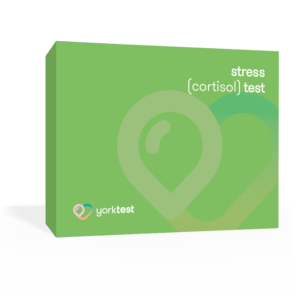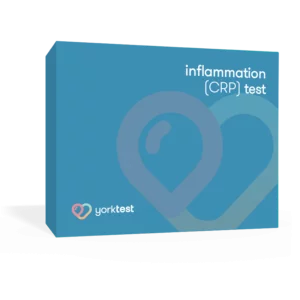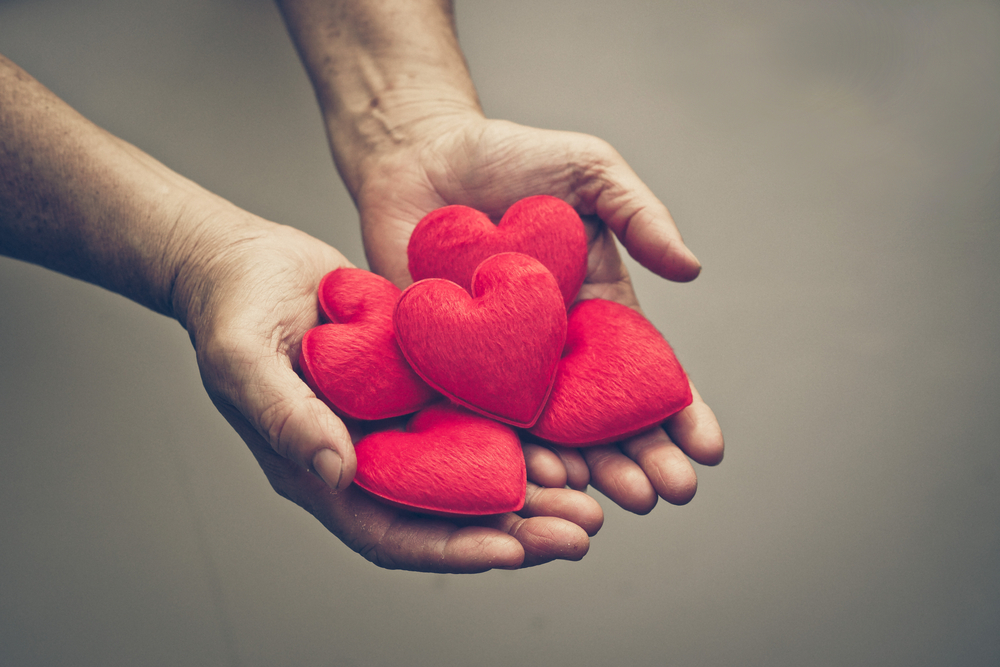Daily fatigue is a common problem that can affect productivity and mood. According to SHP, 81% of UK workers reported feeling Physically And Emotionally Exhausted By The End Of Their Work Day with the majority feeling they do not get enough sleep.
Quality rest is crucial to recovering from exhaustion, and preventing things like burnout. Giving your rest routine — including your sleeping habits as well as self-care — a makeover can help boost your mood and increase your overall quality of life. Many of the following tips can help improve other aspects of your life, relieve stress, and give you more healthy coping mechanisms.
1. Drink More Water
One of the main effects — among others — of dehydration is a lack of energy. In cases of Mild Dehydration, symptoms of dehydration often go unnoticed.
Dehydration is also incredibly common. In fact, in the UK, people are only drinking 53% of their optimal level of water consumption every day for a number of reasons— whether due to increased physical activity, or a reduced intake of water.
Drinking fluids regularly can reduce the risk of dehydration – water or diluted squash are good choices. You may have heard that eight glasses a day is sufficient, and it may be for your body type. The most important thing to do to stay hydrated is to simply drink whenever thirsty, and drink more plain water than things like fizzy or caffeinated beverages. By staying properly hydrated, you can reduce daytime fatigue, boost your mood, and improve your ability to absorb nutrients.
2. Cut Down On Caffeine
Being Over-Caffeinated Can Make You More Tired, and cause inconsistent energy throughout the day. While It Is A Myth That Caffeine Has Any Significant Diuretics Or Dehydrating Properties, cutting back on it over time can help regulate your energy levels. Caffeine can come from a variety of places, including:
- Coffee and tea;
- Energy drinks;
- Chocolate and chocolate-flavoured foods;
- Chewing gum.
Ingesting too much of any of these foods in one day can cause energy spikes and crashes, which can increase daytime sleepiness. While you don’t have to give up your morning cup of coffee, try replacing your second or third cup with water, or switching to decaffeinated beverages.
3. Eat Healthier
A healthy diet has several benefits, including more consistent energy. Certain Foods Can Boost Your Mood, Health, And Energy, while Others Can Make You Feel Fatigued. Eating highly nutritious meals daily helps improve your overall health, boost your immune system, and improve digestion. All these factors have an impact on your energy levels throughout the day. Certain foods help boost your energy, more than others. These include:
- Bananas;
- Oatmeal;
- Yogurt;
- Beans;
- Eggs.
Being properly hydrated alongside eating well is a healthy habit to get into when looking to boost your overall energy levels.
4. Cut Out Problem Foods
As mentioned, certain foods can be problematic —both for digestion and energy. Foods such as Those High In Sugar Can Cause A Crash In Energy Levels, and incredibly heavy foods that take a long time to digest can make you feel fatigued. Additionally, Food Intolerances Can Contribute To Fatigue, and cause discomfort that may affect your mood. Often, these issues can go undetected, or develop later in life, so it’s beneficial to Examine Your Diet For Any Latent Intolerances. You can do an Elimination Diet to test for intolerances or visit an allergist.
5. Drink Less Alcohol
Alcohol Is A Depressant And Affects Sleep Quality and overall energy levels. Alcohol may make you feel drowsy or irritable — both during and after consumption. Increased alcohol intake can also make you dehydrated, additionally contributing to unwanted side effects.
Drinking in moderation can help you avoid unwanted side effects of alcohol, including fatigue. The Department for Health recommends that regular drinkers should not drink more than 14 units per week. Additionally, the Association of UK Dietitians and Alcoholism defines binge drinking as more than four units at any one time which should always be avoided. Limiting your drinking can help you avoid the Negative short and long-term effects caused by alcohol use, as well as help improve your energy levels.
6. Exercise Each Day
There are several benefits of exercise for general health and wellness, including weight management, Mood Regulation, and Mobility. However, regular physical activity can also increase energy levels over time, Especially When It Comes To Work-Related Fatigue. The NHS recommends that you should be getting in at least 150 minutes of moderate activity per week or 75 minutes of vigorous intensity activity a week. This could be:
- Going to an exercise class;
- Taking your dog for a walk;
- Biking your commute;
- Following a fitness video;
- Practicing yoga.
Depending on your fitness goals and ability, you may need more or less heavy exercise. Exercise is a great tool for stress relief, which also helps reduce fatigue.
7. Practice Stress Relief
Stress can cause feelings of tiredness, particularly when it comes to work. This Stress Can Sometimes Be Subconscious, and hard to identify. It can also be called “Burnout†when it appears only in reaction to a certain activity. Practicing stress relief daily is important for both your mental and physical health. Stress relief doesn’t have to be complicated or expensive. Easy, at-home stress relieving techniques include:
- Meditation;
- A hot bath;
- Using essential oils, like lavender;
- A foot or hand massage;
- Gentle exercise;
- Unwinding with a show or book.
The important thing to remember when it comes to practicing stress relief is not what you’re doing, but how you feel. If you don’t like baths, they won’t be very stress relieving for you. Check in with yourself — this is the fastest way to get the most out of self-care.
Fatigue can be frustrating, especially if it’s prolonged. These tools can help you reduce daily fatigue, and improve your overall quality of life. If none of these tips work for you, talk to your doctor about underlying medical conditions that could be causing prolonged fatigue.













